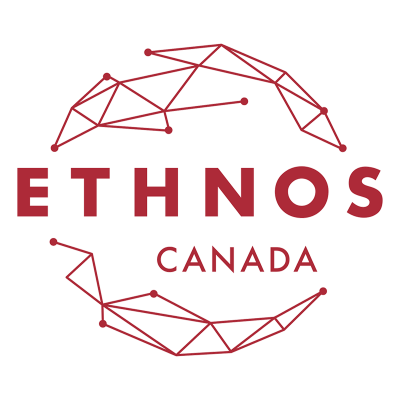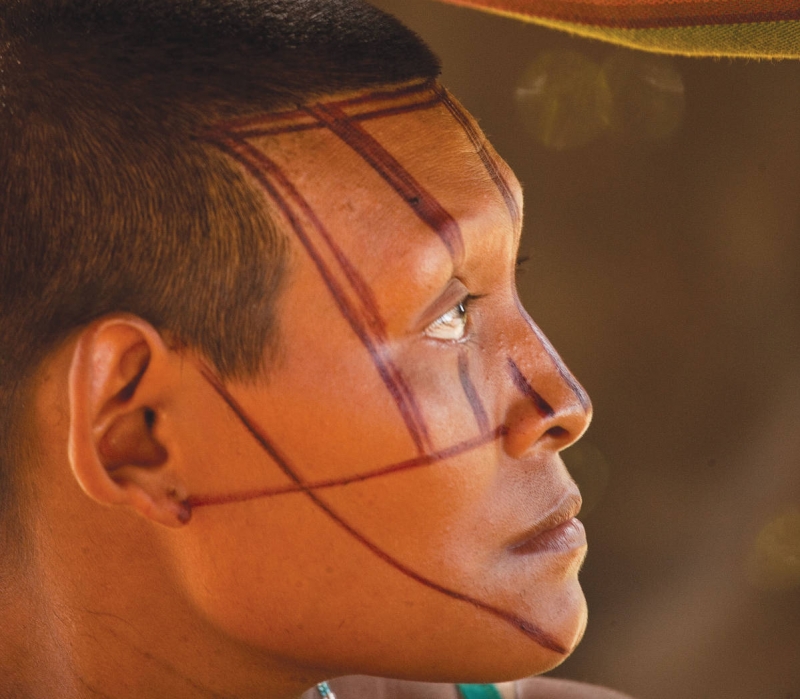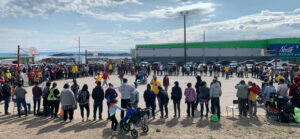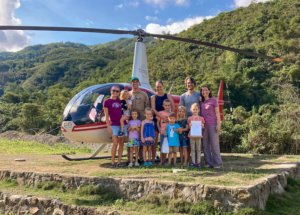Why do Ethnos missionaries go to specific people groups to tell them about the God of the Bible and yet not to others? What or who determines where Ethnos will send missionaries?
What is a people group?
To answer that, we need to get a few definitions cleared up so that we are all on the same page. The first one is people group.
A people group is an ethnolinguistic group. That means a group of individuals, families or clans who share a common language and ethnic self-identity.
This definition comes as a result of research that uses linguistic features as a primary identification. It also recognizes that there could be some dialectal differences within the language. We would also consider some additional factors (beyond just language difference) which are considered significant barriers to the gospel message getting into the group with clear understanding. Some of these include deafness, political barriers and significant cultural differences.
Using this approach there are around 11,000 total people groups with more than 6,500 usually listed in various categories of unreached.
Who are the unreached?
And that brings us to another term that we need to define: unreached.
We define unreached people groups as people groups without adequate access to clear, culturally relevant teaching of the gospel in the language they know best (their heart language). It also includes groups that, once hearing the gospel, are without ample opportunity, as a body of believers, to grow to maturity in their knowledge of Christ.
And the question could arise, “But since there are so many Bibles or radio stations or online sources of information about the gospel, why do we even need to consider the ‘unreached’? Can’t they ‘find’ what they need on their own?”
Those are good questions, but these are complex situations. There are so many places in the world where there are no Bibles, where there are no radio stations, where there is no access to the Internet nor is there the technical know-how to access it if there were. Besides these obstacles, as noted above, there are barriers of culture or tradition or politics that inhibit the access or understanding of the gospel.
Amazingly, it is not only in the dark jungles of Africa or the Amazon or the craggy mountains of Papua New Guinea where there are unreached people groups. They can be found in refugee camps, in the middle of huge cities and in rural areas. (Be on the lookout for the June issue in which we will give you even more information about the changing context of cross-cultural ministry.)
To be clear, an unreached people is not the same as a biblically illiterate people. Biblical illiteracy has increased around the world and even in our own country. Fewer and fewer people in Canada have basic knowledge of the Scriptures. However, for most (but not all) in Canada, there are opportunities to hear the gospel—whether through a local church, radio, television or even downloading a free Bible in their native language. There are innumerable valuable ministry opportunities. But these are not the focus of Ethnos. Ethnos focuses on unreached people groups.
I think the Apostle Paul had something of the same idea of going to the unreached people groups when he wrote to the Christians in Rome. In Romans 15:20-21, we find Paul saying, “And so I have made it my aim to preach the gospel, not where Christ was named, lest I should build on another man’s foundation, but as it is written: ‘To whom He was not announced, they shall see; and those who have not heard shall understand.’”
And toward that end, Ethnos works alongside global partners to continue this work: to allow those who have never had that chance of knowing Christ to see Him and to understand what He has accomplished for them.
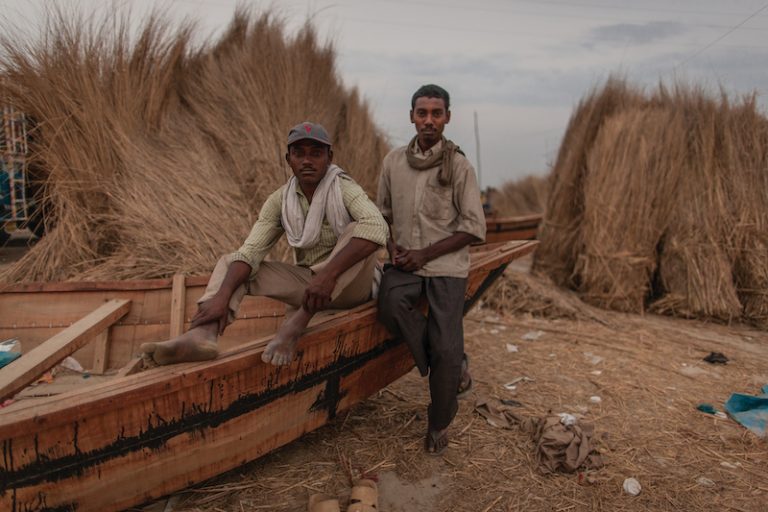
“And so I have made it my aim to preach the gospel, not where Christ was named, lest I should build on another man’s foundation …”
What is a people group assessment (PGA)?
And how does Ethnos decide where to send missionaries? Is it a flip-of-the-coin decision? No, indeed. The reason missionaries are sent is that the people group is unreached. To determine a group’s “unreachedness,” there is a very specific list of criteria that must be met. That list of criteria is called a people group assessment and is a time-consuming task. That gives us yet another term to define: people group assessment (formerly called survey) or PGA. This is the process of gathering information about ethnic people groups in order to help field leadership teams know how best to serve the Church in deciding where to place missionaries and in what capacities.
The three stages of PGA are pre-assessment (information collected before the survey), rapid assessment (an on-site overview of the people group) and comprehensive assessment (a more extensive on-site assessment). For more in-depth information on the three stages, see the sidebar.
Once the PGA has taken place and an unreached people group has been identified, what needs to take place? How do we go about planting a functioning church in a cross-cultural setting? Remember what Jesus said: “Go therefore and make disciples of all the nations, baptizing them in the name of the Father and of the Son and of the Holy Spirit, teaching them to observe all things that I have commanded you; and lo, I am with you always, even to the end of the age” (Matthew 28:19, 20) This isn’t a suggestion or even just an invitation; He used the command form. So, how is it accomplished in a setting that is so foreign to our culture and to our language?
— Bruce Enemark, Managing Editor
Stages of People Group Assessment (PGA)
- Pre-Assessment: This involves missionaries collecting information from books, articles and individuals who have had contact with the people group so that surveyors can write a clear overview of the people group, define a plan for survey and develop an annotated bibliography.
- Rapid Assessment: Completed prior to having missionaries move in, surveyors gain an on-site overview of each of the PGA criteria that affect the decision to place personnel in a specific people group setting.
- Comprehensive Assessment: In another preplacement survey, surveyors more extensively examine the assessment criteria not adequately covered during Rapid Assessment.
The Three PGA Criteria
- Ingroup Impact considers the potential influence of any true believers who are part of the people group, and/or mature, growing churches within the boundaries of the people group.
- Outgroup Impact considers the likelihood of a mature church being established in the people group by another church or mission agency.
- Language and Communication Factors consider the many and varied issues relating to culture and language (stability, change, collapse, etc.) which influence how (through what cultural and language grid) the hearers will understand the message.
- Are there measurable differences that distinguish the language from related languages in the area that will prevent or distort communication of the message between the two?
- Are the people bilingual (proficient in a second language) enough that God’s Word will be accessible to them in that second language?
- What is the likelihood that the first language of the people group will continue to be used from generation to generation?
Once a people group assessment is completed and the determination is made that, yes, a specific people group truly is unreached, then the missionaries take the next step of seeking to see that unreached people group become reached. The Kaje people group until recently were such an unreached people group. Praise God that they have now become reached. Here is their story … so far.
